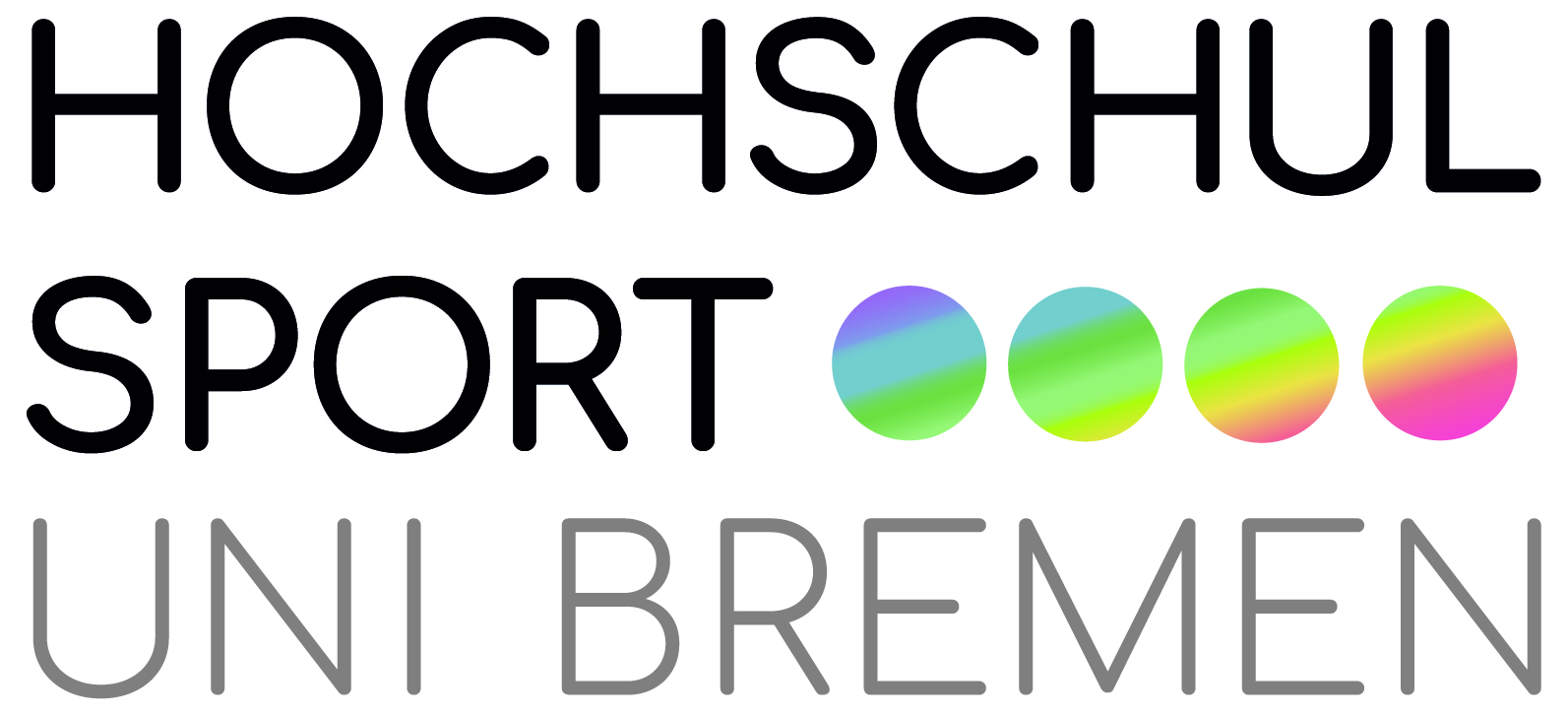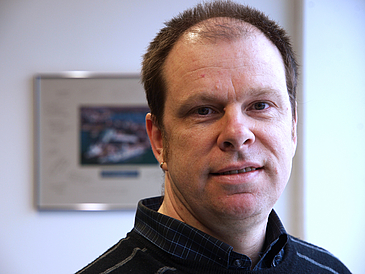The main committee of the Deutsche Forschungsgemeinschaft (DFG) in Bonn has announced the award of Gottfried Wilhelm Leibniz-Prize to a total of 10 persons. Among the prizewinners is the Earth scientist Professor Kai-Uwe Hinrichs from the University of Bremen. Prof. Hinrichs has been conducting research at the Center for Marine Environmental Sciences at the University of Bremen since 2002. Worth up to €2.5 million, the Leibniz Prize is considered the most important award of its type.
On hearing the news the 47-year-old researcher was overwhelmed: “The prize is awesome recognition for the great research being done in my work group. The prize money will enable us to pursue our investigations more even more intensively for some time to come.”
Professor Rolf Drechsler, Vice President for Research and Young Researchers at the University of Bremen is jubilant: “The award of the Leibnitz Prize once again underscores the outstanding quality of research and high levels of achievement at our University. I am delighted for my colleague Kai-Uwe Hinrichs and happy for this additional recognition of Bremen as a leading research location. The prize represents a sustainable contribution to ocean research in the City State of Bremen and yet another boost to our reputation at home and abroad.”
Researching across borders
From a research perspective, Professor Kai-Uwe Hinrichs is a border crosser. He investigates the role played by marine microorganisms in respect of their climatic relevance for the carbon cycle. The research he carries out together with his work group connects geoscientific approaches with analytical chemical and microbial processes. Hinrichs` research work centers on living organisms on the ocean bed. This “deep biosphere” is the least researched of the Earth’s habitats – despite the fact that it plays a pivotal role in balancing the Earth’s carbon and oxygen systems.
The Gottfried Wilhelm Leibniz Prize will be presented to the winners on 16th March 2011 in Berlin. The goal pursued by the Leibniz program introduced by the DFG in 1985 is to provide the conditions for outstanding researchers to expand their research, free them from administrative red tape, and enhance the prospects of especially talented young researchers.


